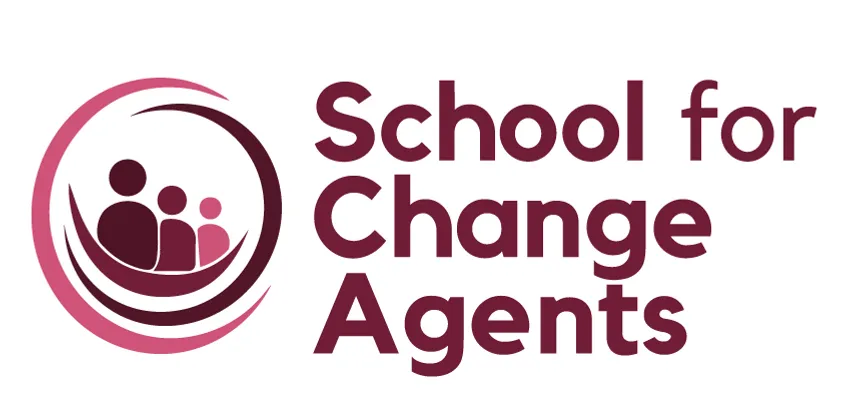How co-production with alumni shapes the School for Change Agents

Originally published by Kathryn Perera – 15th March 2019
The (virtual) School for Change Agents 2019 launches on Monday 13th May, with our first live webinar on Thursday 16th May. It’s a true NHS product – free at the point of use – and bursting with ideas on how to change the world. Anyone, anywhere in the world is welcome to join us – and to date, more than 100,000 people have been part of the School’s learning community.
That community is key to the School’s success, not simply through participation but also through co-design and co-production of the School each year.
The School started in 2014 as a response for open-access learning around the principles that had grown NHS Change Day into a national movement for improvement. Helen Bevan, who leads NHS Horizons, saw the value which frontline staff, patient activists and volunteers brought to the table when they were involved in decision making in the NHS. She recognised that creating meaningful involvement is no easy task, and that many people who want to make change in our system face hierarchical barriers and risk being labelled as ‘trouble makers’. Helen sought to create a community with the confidence, networks and skills to deliver significant change in their organisations. We now call this “change agency” – the power, individually and collectively, to make a difference.
So how is School co-designed and co-produced with our community?
The simplest way is through providing feedback to us on the content and experience of being a School participant. Every year, we use our Facebook pages and Twitter conversations to gain new insights which improve the School going forward. These include links to additional content, and often result in us inviting change practitioners from around the world to help shape the following year’s content.
We also invite our School Alumni to share their stories of change. This not only inspire others, it also leads us to co-develop case studies with past participants, around which we design future content. In the School for Change Agents 2019 we’ll be featuring case studies from Vancouver Island Health Authority to Devon to inner London and beyond. Each one will bring to life a different aspect of the School’s concepts.
There’s also an element of “crunching data” in what we do. As the School is entirely virtual, we can track participants through Webinars, YouTube and e-learning Modules. This helps us to gauge what people love and what they enjoy less. For instance, our live Webinars consistently have a huge spike in the weeks we discuss “resilience”. So in 2019, we’ve packed even more content into our resilience webinar and we are hosting an entire e-learning module entitled Resilience is an Act of Defiance.
Our School for Change Agents community is a living resource. When we take risks with new approaches or content, we reach out to our School alumni and ask for ideas and contributions. A recent example is Sensemaker (designed by Cognitive Edge Ltd). In 2019, we will be inviting School participants to ‘journal’ their own experiences of change and make sense of that through an online software tool. Our aim is to use School as a way of making sense of the barriers and enablers of change across health and care globally. So far, more than 20 School alumni have given their time to co-produce our journaling approach. We couldn’t do it without them – and we hope you like the results!
Another example is the upcoming refresh of NHS Horizons’ Change and Transformation White Paper: The new era of thinking and practice in change and transformation: A call to action for leaders of health and care. We will publish a fully updated version of this paper, featuring local, regional, national and global case studies from School alumni, this year. And all of this is enabled through the School.
So here’s to you, our School Community. You have truly shaped the course for future participants. We continue to be in awe of how your work translates School into reality right across the world.
To learn more about the School for Change Agents 2019, please click here.
For Frequently Asked Questions about joining the School for Change Agents 2019, please click here.
To join our Facebook community click here.
The original Change and Transformation White Paper is available here.
Learn more about our citizen journaling approach from Dr Rosanna Hunt, watch here.
TWEETS ON THIS SUBJECT
